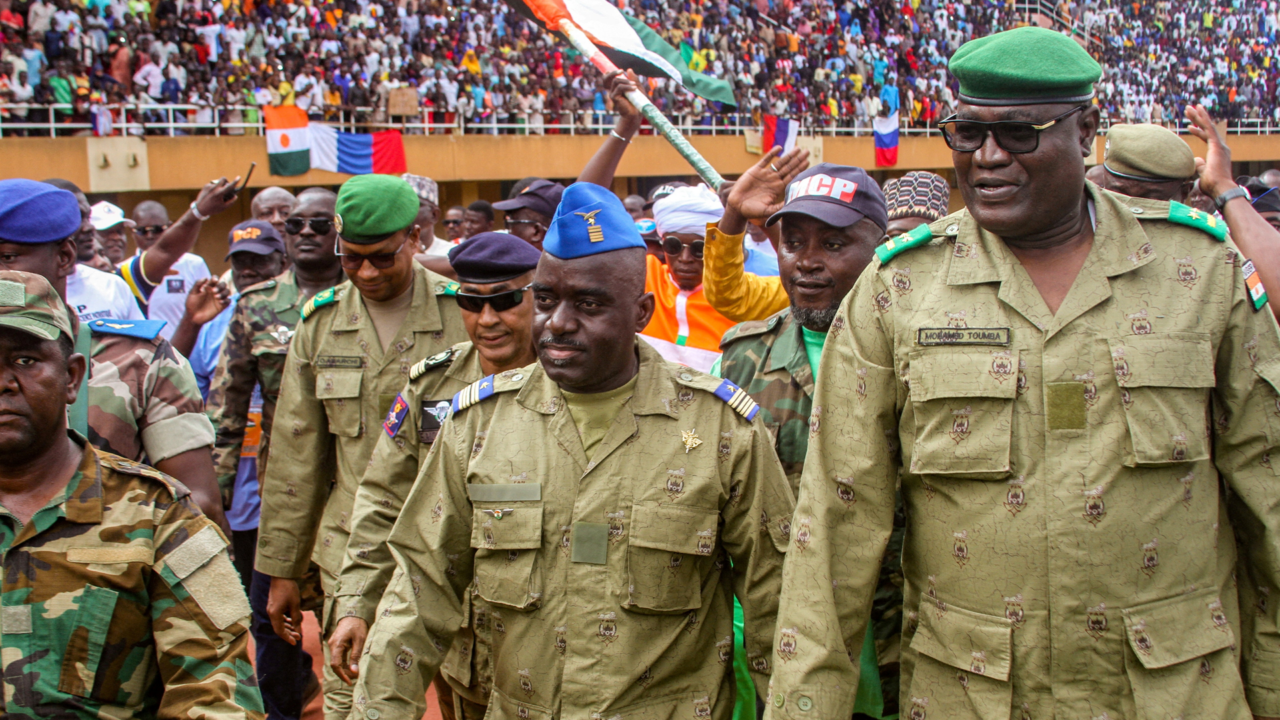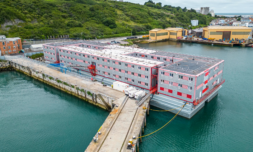In a surprising turn of events, Niger witnessed a coup led by a group of military officers, which has surprisingly gained widespread support from students who have taken to the streets in solidarity.
The coup, which took place late July, has thrown the country into a state of uncertainty, with many hoping for a change in leadership and an end to corruption and political instability.
Led by General Abdourahamane Tchiani, the upheaval unfolded in the early hours of the morning, as the military swiftly took control of key government buildings and media outlets.
The deposed President Mohamed Bazoum was reported to have been taken into custody along with several other high-ranking government officials. The coup leaders justified their actions by citing the government’s failure to address issues of corruption, economic hardships, and insecurity.
Despite ECOWAS condemnation of the coup, hundreds of students from universities across Niger began to assemble in the capital city, Niamey, in support.
The students, primarily young activists, expressed their frustrations with the previous administration’s lack of progress in addressing pressing national challenges and demanded swift action to establish a new government that would prioritize the welfare of the people.
The protestors waved national flags and carried placards that read slogans such as ‘Time for Change,’ ‘End Corruption Now,’ and ‘A Future We Believe In.’ Chants for a better Niger echoed through the streets as the students marched peacefully, their enthusiasm and determination undeterred by the presence of military forces.
In response to the growing demonstrations, Colonel Amadou Diallo addressed the crowd in an attempt to assure them that the coup was not a means to perpetuate military rule but to pave the way for a transitional government that would represent the interests of all Nigerien citizens. He emphasized the need for a peaceful and inclusive dialogue to chart a path forward for the nation.
The African Union (AU) and the Economic Community of West African States (ECOWAS) were quick to denounce the coup and called for a swift return to constitutional order in Niger. Both regional bodies have a history of opposing military interventions in member states, citing concerns over political instability and potential human rights violations.




















